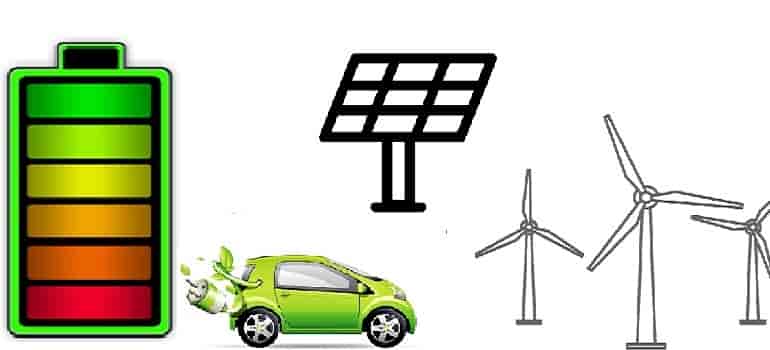Solid Electrolyte Design Enables Four-Times Higher Energy Density and Eliminates Safety Risks of Liquid Electrolytes
Illinois Institute of Technology (IIT) and the US Department of Energy’s (DOE) Argonne National Laboratory researchers have developed a lithium-air battery that could potentially power electric vehicles for over 1,000 miles on a single charge.
The team’s new battery design uses a solid electrolyte, which eliminates the safety issues associated with liquid electrolytes used in lithium-ion batteries, and it can potentially increase energy density up to four times that of lithium-ion batteries.
The battery’s solid electrolyte is composed of a ceramic polymer material made from relatively inexpensive elements in nanoparticle form, enabling chemical reactions that produce lithium oxide (Li2O) on discharge.
The research was published in the journal Science and funded by the DOE Vehicle Technologies Office and the Office of Basic Energy Sciences through the Joint Center for Energy Storage Research.


